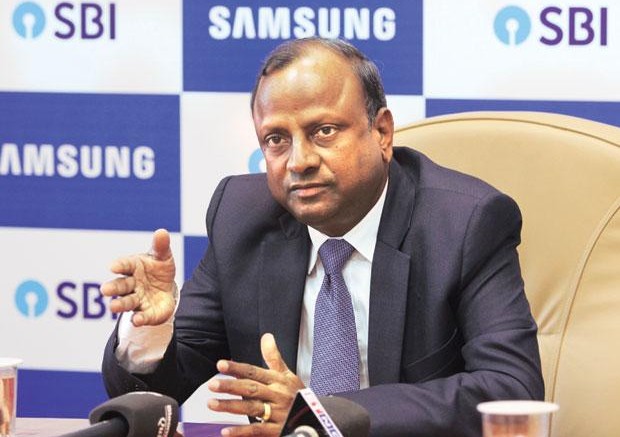- Mumbai circle of SBI disbursed Rs. 200 crore worth of COVID emergency loans so far
MUMBAI, 25 MAY, 2020 (GPN): Reserve Bank of India’s move to reduce policy rate by 40 basis points on May 22, 2020 will reduce borrowing cost of COVID emergency loans offered by India’s largest public sector lender State Bank of India (SBI) for MSMEs from July 1, 2020.
“The cost of emergency COVID loans offered by our bank to MSMEs will decline 40 basis points from 7.4% to 7.0% from July 1, 2020 following the RBI’s policy rate cut. SBI has linked most of its loans to external benchmarks such as RBI’s repo rate since 2019 and hence this will ensure proportionate transmission of RBI’s monetary policy steps to the ultimate borrowers,” said Mr. Suresh Nair, DGM-SME and Financial Inclusion, SBI in an interview to MVIRDC World Trade Center Mumbai.
This will benefit around 20,000 MSME borrowers catered by the Mumbai circle (including Mumbai Metro, Thane, Palghar and Raighad districts) of SBI.
Mr. Nair informed that the Mumbai circle has sanctioned and distributed Rs. 200 crore worth of emergency COVID loans to MSMEs so far. The bank offered emergency loans to all borrower categories, viz. SMA 0 (where repayment is not due for more than 30 days) and SMA I (where repayment is due from 31-60 days) in the wake of the COVID outbreak in March 2020.
Speaking about the RBI’s move to extend moratorium on term loans by another three months upto August 2020, Mr. Nair said, “We expect more than 50% of our borrowers to apply for moratorium as this is a good opportunity for our customers to seek temporary relief from loan repayment burden.”
Mr. Nair further informed that the interest rate on normal loans (loans not related to COVID emergency) will range between 9.0% -11.5%, depending on the internal rating of the MSME borrower. State Bank of India has an internal rating system for assessing the creditworthiness of MSMEs based on a set of quantitative and qualitative parameters. Based on these parameters, the creditworthiness of borrowers are rated on a scale of 1.0-15.0, with 1.0 denoting the highest credit rating.
Mr. Nair also informed that Government of India’s recent move to redefine micro, small and medium enterprises based on both investment limit and turnover limit will allow more number of enterprises to benefit from the schemes of government and public sector banks. Government of India offers various subsidies and incentives to MSMEs to make them more competitive in the global market.
On May 13, 2020, the central government increased the investment limit in the definition of micro enterprises from Rs. 25 lakhs to Rs. 1 crore, while the investment limits for small enterprises was revised up from Rs. 5 crore to Rs. 10 crore. Similarly, the investment limit for medium enterprises was increased from Rs. 10 crore to Rs. 20 crore. The government also introduced an additional criteria of turnover, under which enterprises with turnover of less than Rs. 5 crore are defined as micro, while those with less than Rs. 50 crore turnover and Rs. 100 crore turnover are defined as small and medium scale enterprises, respectively. ENDS


Be the first to comment on "RBI’s rate cut to reduce cost of COVID loans for MSMEs offered by SBI to 7.0%"